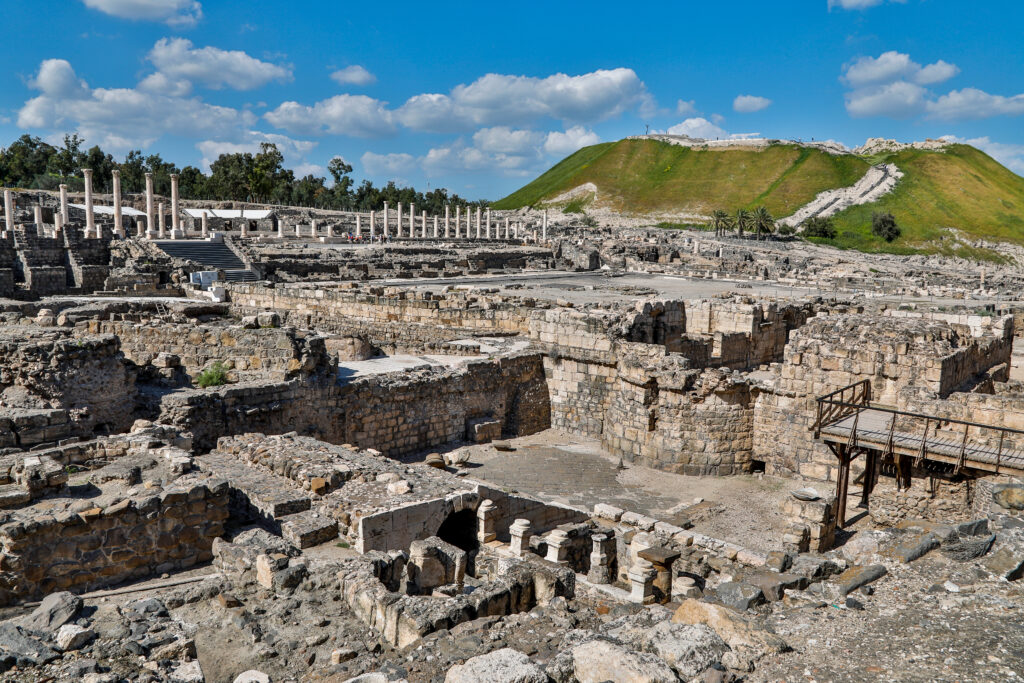Esther expert reveals the hidden message that makes Queen Esther’s story essential for the Messianic era
The Sages teach something unexpected: in the Messianic era, when the need for most biblical books fades away, only the Five Books of Moses will remain necessary—plus one survivor from the remaining 19 books. That lone exception? The Book of Esther.
Mrs. Sepha Kirschblum, a distinguished teacher of Tanach and recognized expert on the Book of Esther, explored this mysterious Talmudic teaching during a recent webinar. Her analysis reveals why Esther’s story contains the blueprint for Jewish survival in the final era—and why it demands action rather than miracles.
The Book Without God’s Name
“What is so special about the book of Esther?” Kirschblum asked. “What is she teaching us that makes her essential for the future?” The question becomes more puzzling when considering that Esther is the only biblical book that never mentions God’s name—a strange choice for a text deemed crucial for the Messianic age.
This absence, Kirschblum explained, reflects the book’s central theme: “The hidden face of God.” When God’s hand is concealed in events, she noted, the question becomes who will recognize His involvement and who will not.
Unlike the dramatic miracles of the Exodus, Esther’s deliverance comes through seemingly natural events. “There’s no splitting of the sea and there’s no major miracle that you witness while reading the book of Esther,” she noted. Instead, the salvation emerges through human action guided by divine providence working behind the scenes.
Two Messages for the End Times
Kirschblum identified two crucial messages that make Esther indispensable for the Messianic era. First, when facing genocide, Esther’s initial response was spiritual preparation: “Gather the Jews to pray and to fast… spiritually investing, emotionally connecting to God.” But the ultimate deliverance came through “a human war—that’s it. So anticlimactic.”
The book’s lesson is clear: “God is there and there needs to be prayer and focus, but it’s going to come not in magic, not in full-blown miracles that everyone in the world can notice. The people who are looking will notice, but the humans will have to be incredibly involved. We are going to have to be a part of the story.”
The Tale of Two Leaders
Kirschblum’s most compelling insight emerged from comparing Esther to another biblical figure from the tribe of Benjamin: King Saul. Both shared common ancestry—Saul’s father Kish was also Mordechai’s great-great-grandfather. Both rose to unexpected leadership positions. Both faced moments requiring decisive action.
The parallel becomes striking in their crucial tests. When God commanded Saul to completely destroy Amalek, he failed at the final moment, sparing King Agag. “Because he didn’t follow the rules, Amalek was not wiped off the map and they were able to survive,” Kirschblum explained.
Centuries later, this failure created the very crisis Esther faced: “The only reason this story is happening, the only reason there is a genocide going to be put out against the Jews during this time, is because back in the day Saul couldn’t finish the job because he was weak.”
The enemy threatening the Jews was Haman “the Agagite”—a direct descendant of the Amalekite king Saul had spared.
From Passive to Powerful
The contrast between Saul and Esther becomes the book’s central message. Initially, Esther appears as passive as Saul. “Every verb surrounding that girl is passive or happens to her,” Kirschblum observed. “She doesn’t take a single action in chapter 2… Everything she does is because someone told her to.”
But when Mordechai challenges her to save the Jewish people, Esther transforms completely. Mordechai’s words carry weight beyond their immediate context: “If you are going to be mute in this moment, the Jews will be saved… but you and your father’s house—your name—will be lost. And who knows if not for this moment you became queen?”
The Hebrew word for “mute” is the same one used to describe Saul’s silence when mocked by his enemies. Kirschblum noted this connection: “She could have been Saul… they both naturally had a moment that they could have acted like a mute and just bowed out… but in her moment, that’s not what she chose. She chose to rise like a lion.”

The Messianic Blueprint
This transformation explains why the Talmud preserves Esther for the Messianic era. “This is what our charge is today,” Kirschblum declared. “Not to be mute, not to be silent, whether that silence—the lack of silence—is prayer or involvement or study or investment in God. We need to take action. We need to be part of the story that is being written.”
The book’s enduring relevance lies in its realistic portrayal of how redemption actually unfolds—not through overwhelming miracles that compel belief, but through human agents who choose to act when history calls. Esther was not a natural leader—she was passive by nature, following orders and keeping quiet about her identity. But when the moment came, she transformed. “It’s okay that that’s not my natural personality,” Kirschblum said, speaking to those who might not see themselves as natural leaders. “It’s okay that I wouldn’t have been at the forefront before, but now I feel empowered by a mission.”
Rising Like Lions
Kirschblum concluded with a call that resonates powerfully in light of recent events: “All of our strength is from God, all of our personality is from God, and there’s nothing He can’t do. Therefore, there’s nothing we can’t do. I hope that tonight invigorates us to push to be that leader, to be that queen, and to change history in the next book, please God.”
As Israel emerges from its greatest trial since October 7th to achieve unprecedented regional dominance, Kirschblum’s analysis suggests the Book of Esther provides the template for recognizing and participating in redemption as it unfolds. The question is whether we will choose to be mute spectators or rise like lions to write the next chapter of history.
Mrs. Sepha Kirschblum’s complete lecture series “Esther Revealed: From Palace to Purpose” is available on Israel365’s Bible Plus platform.





